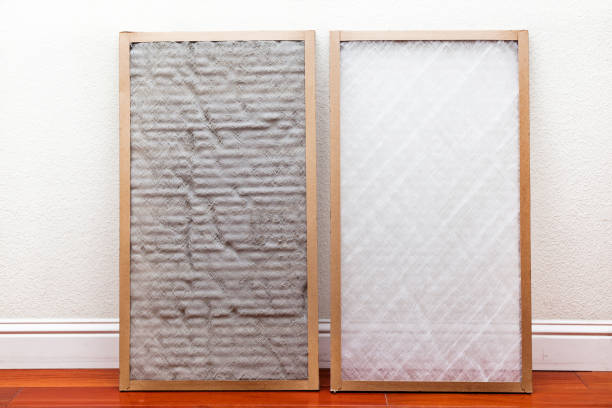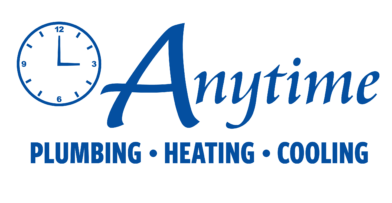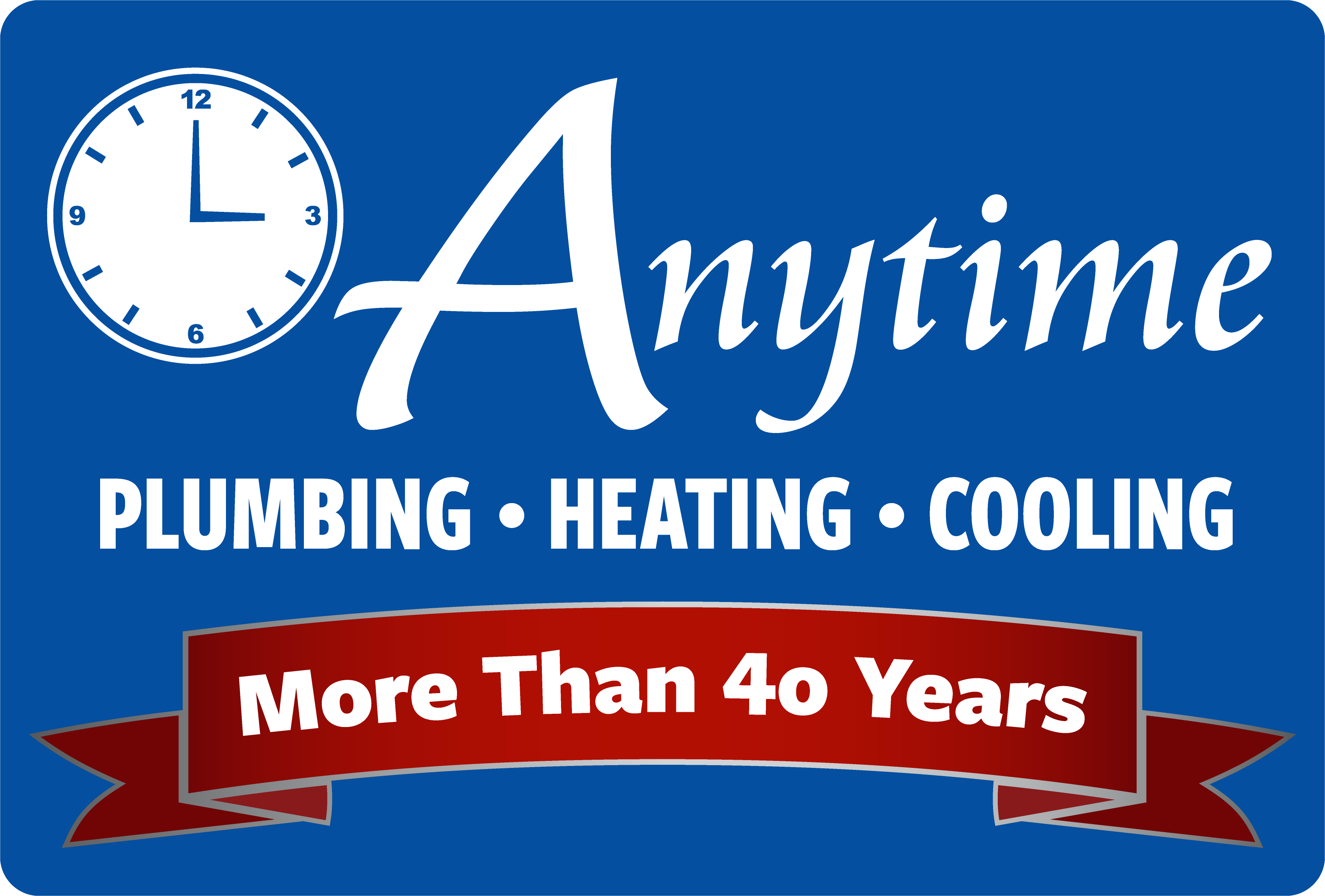Indoor air quality is crucial for our well-being, and the pivotal role of air filters in heating and cooling systems is significant. These filters, while often overlooked, have a substantial impact on both our health and the performance of our HVAC units.
Air Filters: Dirty Vs. Clean
Understanding the state of your air filters is key to a healthy and efficient home environment. Here's a simplified look at the differences between clean and dirty air filters:
- Appearance and Smell: A clean air filter looks new and doesn't smell, while a dirty one is full of dust and pet hair, often with a bad smell.
- How Your System Works: When your filter is clean, your HVAC system doesn't have to work as hard, which helps it last longer. A dirty filter makes everything work harder, which can cost you more in energy bills and might break your system.
- When to Change Filters: It's important to change your HVAC air filters often to keep your environment clean from harmful airborne particles. This is good for your health and stops your heating and cooling system from getting damaged.
It's essential to stay aware and replace your air filters as needed to ensure your HVAC system runs smoothly and efficiently.

How Often Should Air Filters Be Changed?
Changing air filters regularly is essential for the optimal functioning of your HVAC system. While the general rule is to change them every 90 days, several factors can influence this frequency:
- Type of Filter: Different types of air filters, such as HEPA, pleated, or fiberglass, have varying lifespans. For example, HEPA filters may last longer than fiberglass ones.
- Household Factors: Homes with pets, smokers, or residents with allergies may need to change filters more frequently due to higher levels of contaminants.
- Usage: The more you use your heating and cooling system, the quicker your filter will get dirty. If you live in a climate with extreme temperatures, your system likely runs more often, requiring more frequent filter changes.
- Environmental Factors: If your home is in an area with high levels of dust or pollen, or if there is construction nearby, your filters may need to be changed more often.
If you have pets, you might need to change your air filters more often than every 90 days. Pets shed fur and dander, which can clog filters faster, affecting your HVAC system's efficiency and the air quality in your home. To minimize the need for frequent changes, regular vacuuming and cleaning of surfaces to remove pet hair and dander can be helpful. Additionally, grooming your pets regularly to reduce shedding and using air purifiers in areas where your pets spend a lot of time can also lessen the load on your HVAC air filters.
Changing an air filter is a straightforward process:
- Locate the Filter: Find your filter in the return duct or blower compartment.
- Check Size and Type: Ensure you have the correct replacement filter size and type.
- Turn Off the System: Always switch off your HVAC system before changing the filter.
- Remove the Old Filter: Carefully slide out the old filter.
- Insert the New Filter: Place the new filter in, making sure it's facing the correct direction (arrows on the filter's frame indicate airflow direction).
- Dispose of the Old Filter: Seal the old filter in a bag and dispose of it properly.
Can You Recycle Air Filters That Are Dirty?
While recycling dirty air filters can be challenging due to the materials they're made from, responsible disposal is key. Local waste management facilities may provide specific guidelines for disposal or recycling options.
Consequences of Not Changing Filters Regularly
Neglecting to change your air filters can lead to several issues:
- Reduced Airflow: A clogged filter restricts airflow, making your system work harder, and increasing wear and tear on the fan motor.
- Poor Air Quality: Old filters fail to trap contaminants effectively, leading to poor indoor air quality.
- Increased Energy Costs: A strained HVAC unit consumes more energy, resulting in higher utility bills.
- System Damage: Over time, neglecting filter changes can lead to system malfunctions or breakdowns.
Where Are Air Filters Located?
The location of air filters in HVAC systems is crucial for effective air filtration:
- Return Ducts: Typically, filters are placed in return ducts to filter air before it enters the HVAC unit.
- Blower Compartments: Some systems have filters located near the blower compartment.
Understanding the exact location of your air filter is key for regular maintenance. If you’re unsure about the location or how to change the filter, it's advisable to consult with a professional
Importance of Air Filters
Air filters play a crucial role in trapping and removing various airborne contaminants, thereby improving indoor air quality. From pet dander and dust to other minute particles, clean air filters effectively minimize the presence of these irritants, thus reducing the risk of respiratory issues and allergies.
Regular air filter replacement not only maintains the air quality but also prevents the AC unit or furnace from overworking. This is particularly important in preventing the buildup of dust and debris within the air ducts, which can lead to poor air quality and increased maintenance requirements.
Seasonal Maintenance with Anytime Plumbing, Heating & Cooling
To ensure optimal performance of your heating and cooling system, it's advisable to schedule regular maintenance. Anytime Plumbing, Heating & Cooling offers specialized services in this regard, ensuring that your system, including the AC filter or furnace filter, is functioning efficiently.
Regular maintenance checks by professionals help identify and rectify issues early, potentially saving on costly repairs down the line.
Remember, maintaining your HVAC system is not just about comfort; it's about creating a healthy living environment.
For all your heating, cooling, and air filter replacement needs, contact Anytime Plumbing, Heating & Cooling at (725) 234-2600. Our team is ready to ensure your system operates at its best, providing comfort and clean air throughout the seasons.



